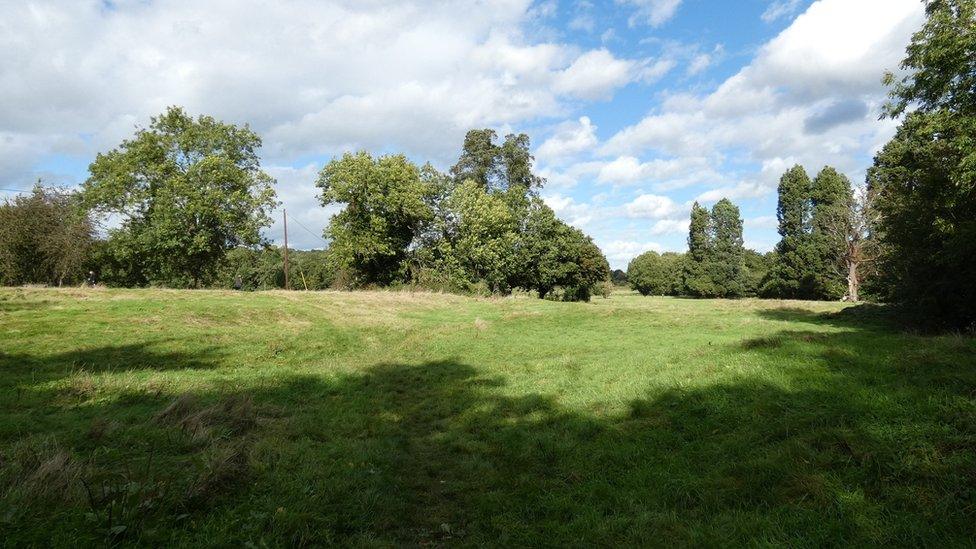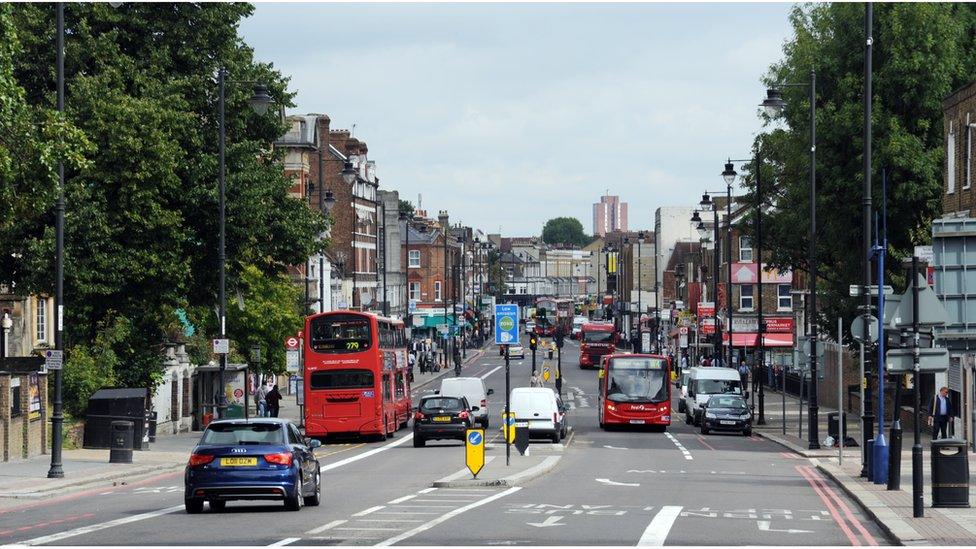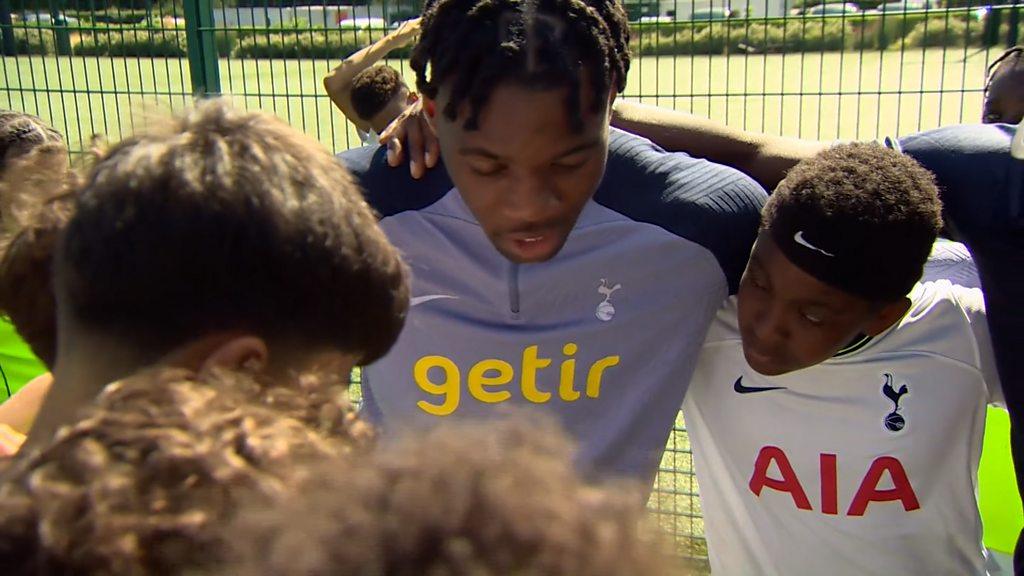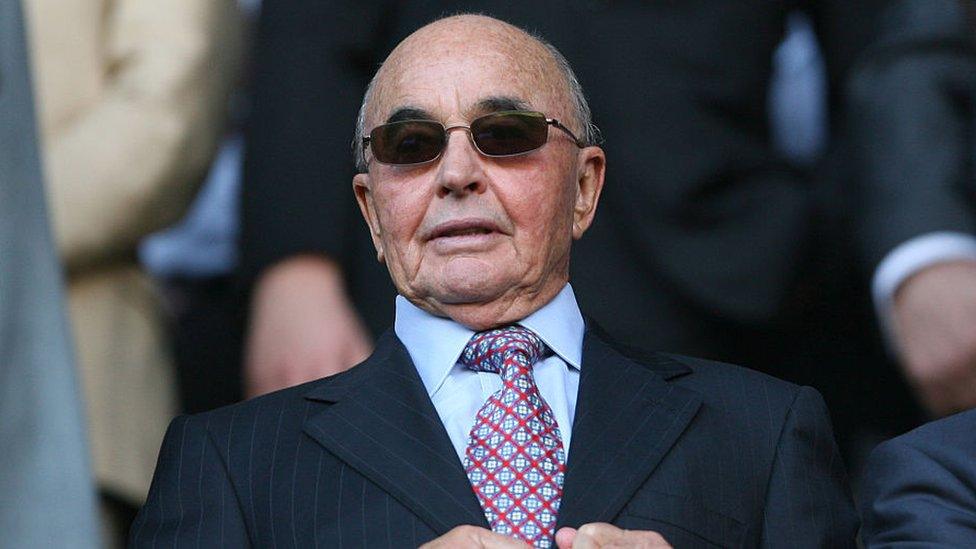Tottenham Hotspur park lease decision to be challenged in court
- Published

Part of Whitewebbs Park has been leased to Tottenham Hotspur FC
A decision to lease part of a park in north London to Tottenham Hotspur FC is to be challenged in court.
A judge has granted permission for a judicial review of Enfield Council's decision to lease land at Whitewebbs Park to the club for 25 years.
The Premier League club wants to set up a women's football academy on the site of the park's former golf course.
Campaigners said the restrictions on public use of the park were not lawful for public land.
Tottenham Hotspur FC did not wish to comment.
Friends of Whitewebbs Park chair Sean Wilkinson, who is mounting the legal challenge as a local resident, said getting the green light for the judicial review was a "major advance" for the campaign against the council's decision.
He added: "I am delighted, and the supporters of the campaign are absolutely delighted."
A hearing is expected to take place early next year, where parties will present evidence before a judge who will then rule on whether or not the council acted lawfully.
'Significant benefits'
The council agreed in October 2021 to hand Spurs the lease if the club's proposals for the parkland win planning permission.
A spokesperson for the authority said the lease would bring "significant benefits to the local community including the protection and enhancement of the park and woods" plus further investment, including a new cafe.
But the decision sparked a backlash from local residents and groups including Enfield RoadWatch and the London branch of the Campaign to Protect Rural England, and multiple protests were staged.
As part of its plans, the football club wants to create new training pitches in the north-eastern corner of the site, close to its existing training complex in Whitewebbs Lane.
Under its proposals, there would be a two-metre (6ft) high fence around the academy, which would occupy 18% of the overall park and would be managed by the club with limited access to the public.
A further 36% of the park is included in the lease and that would be open to the public.
The club plans to remove 102 trees to plant 3,000 new ones, create a biodiversity corridor, upgrade footpaths and bridleways, and to transform a building known as Conduit House into a birdwatching platform.
Consultation events are taking place for members of the public to view the proposals.

Listen to the best of BBC Radio London on Sounds and follow BBC London on Facebook, external, X, external and Instagram, external. Send your story ideas to hello.bbclondon@bbc.co.uk, external
- Published2 October 2023

- Published23 August 2023

- Published26 July 2023
